“Mami, I’m scared.”
It was my 7-year-old, leaning forward from the back seat of the car, scanning the broad sidewalk in front of his elementary school. It should have been an ordinary morning: a hint of rain, high-pitched laughter and the jerky stop and go of cars dropping kids off for another day of learning.
“What are you scared of?” I asked, twisting in the driver’s seat so I could make eye contact.
“What if I get deported?“ my American-born child asked.
I wasn’t entirely surprised by the question. Earlier in the week, after hearing how ICE arrests and deportation are impacting people where we live in the Bay Area, his 13-year-old brother asked if I was at risk of being arrested by ICE. They both know I was born in Cuba, and though neither could tell you about the Cuban Adjustment Act or any of the myriad laws that have smoothed my privileged immigration story, they’d both heard enough about the current deportations to think my American life — our American lives — could be imperiled.
I explained to them that I’m a U.S. citizen, not likely to be kicked out of the country. But President Donald Trump’s escalation from targeting deportable immigrants to immigrants with visas and green cards doesn’t exactly encourage trust.
I can’t tell my children what I no longer believe: that citizenship is an unbreakable shield. Not when the president openly acknowledges that his administration is looking for legal ways to “deport” its own citizens. Not when a 10-year-old U.S. citizen had her cancer treatment interrupted last month when her undocumented parents were ordered back to Mexico, forcing them to choose between relocating their entire family or separating from their daughter so she could continue her treatment in the U.S. Not when law enforcement officers mislead people like Federico Arellano, a U.S. citizen whose wife was in the process of legalizing her status. She was still recovering from birthing twins when she was called to the U.S. Immigration and Enforcement offices in Houston to discuss her case, only to be immediately deported to Mexico — with all four of their children, including the three who are U.S. citizens. Not when recent history tells us over and over that the state doesn’t always play by the rules, even when it admits an error, as in the case of Kilmar Armando Abrego García, the Maryland man trapped in a Salvadoran mega-prison whom the Trump Administration is refusing to return, notwithstanding the Supreme Court.
I reached between the seats to give my son what I hoped was a comforting touch. But I knew even as I tried to articulate a response that this would again test my commitment to speaking truthfully with my children.
“I don’t think that’s going to happen,” I said.
“But I look just like the people who are getting deported,” he said, his voice as thin as smoke.
And this is true: My youngest’s mixed ethnicity seems to reflect back a variety of possibilities, all of them brown. At a Day of the Dead celebration, everyone thinks he’s Mexican. On vacation in Hawai’i, he’s mistaken for Polynesian. I’ve been asked more than once if he’s Palestinian.
I took a deep breath. I wanted to respond to him by saying, You’re safe, I swear. But my kid’s no fool. He doesn’t know the legalese. He couldn’t tell you what “family separation” is or explain the finer points of citizenship versus immigration status. But he has felt the power of the state since his first moment on earth, when a judge removed him from his birth mother. The effects of that — of being handed over, reclassified, claimed and reclaimed in adoption — live in his bones, whether or not he has the words for it.
So when he asks me, “What if I get deported?” what he’s really asking is, “Will I be taken away again?” And when I say what I hope will provide comfort, he hears the tremble I’m trying to hide.
He pressed further that day, his brow furrowed like when he’s trying to solve a riddle. “But what if it does happen?” he asked. “What if they take me anyway?”
I said the only true thing I could say: “Then we’ll fight. Your other mom [my ex-wife] and I, we will fight like hell to get you back. That’s a promise.”
I saw the words land in his chest. Not full relief, not a fix, but a tether. A rope to hold onto in case the ground gives way.
What I didn’t say — but what I felt deep inside like a stone — was how much I want to protect my children, not just from deportation, not just from the unthinkable machinery they fear could pull us apart, but from the burden of even having to think about it. From this fear becoming part of their neural architecture. I want to shield them from that constant, buzzing awareness of vulnerability, from that impulse to scan the sky for threats when they should be looking forward, running free.
A friend reminded me that we lie to our children all the time to protect them. That I can just say, “It’s never going to happen. Don’t worry.”
But my boy lives in this world: He sees the ICE vans, and he goes to school in California, where the state Department of Education tells us 3 percent of schoolchildren are immigrants and 44 percent are part of immigrant families, meaning that the specter of deportation is never far. And these days, with places of worship, hospitals and schools no longer sacrosanct thanks to Trump’s first-day-in-office executive action, kids are being threatened with arrests. In places like Sacketts Harbor, New York, three children living on a dairy farm were taken away by immigration officers (though they were later forced to return them).
Even if nothing ever happens — if no one comes knocking, if no one shows up with paperwork or handcuffs or questions — this fear has already marked him. A few days ago, I had a headache and laid down for a few minutes when we heard the doorbell. My kid froze. I wasn’t expecting anyone, so I didn’t answer. He stayed in the bedroom with me the whole time, his shoulders knotted, waiting for the bell to stop ringing, asking his big brother if he could check to see if the shadow had finally vanished from the other side of the frosted glass. Then he crawled into bed with me.
One of my son’s best buds — part of a large family that immigrated from the Middle East — is undocumented. And surely they talk, the 7-year-olds, about what might happen to them, to their families, even as they laugh and run around like maniacs at a park or argue about the merits of adding chamoy to their mangonadas at the local ice cream shop.
At therapy, my son talked about deportation, about how he feels like there’s nothing he can do. His therapist gave him a little laminated card to carry with him that gives instructions if confronted by ICE: “Do not answer any questions …. Do not sign anything .” It tells my 7-year-old to say: “I choose to exercise my constitutional rights.”
“You can keep that,” the therapist said.
“Can I have some more, for my friends?” he asked.
“How many would you like?”
He thought for a moment.
“Ten,” he said.
.png)



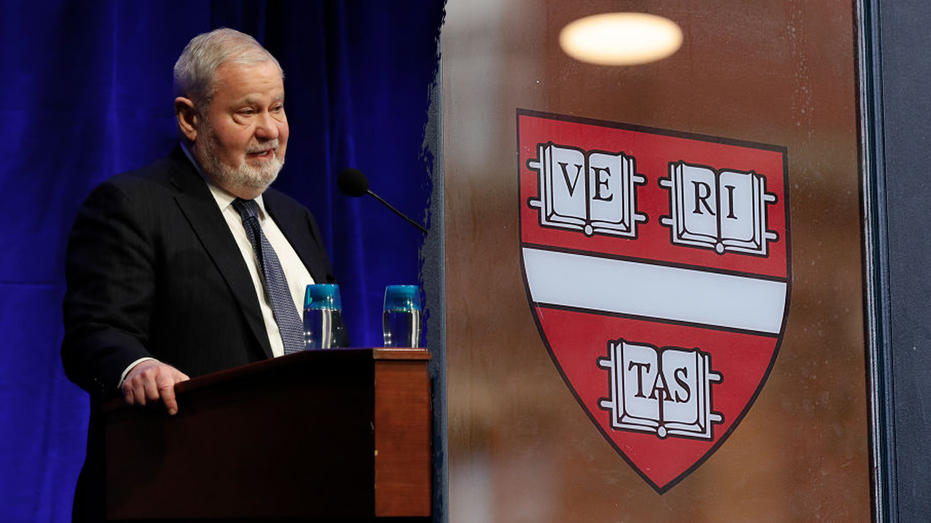
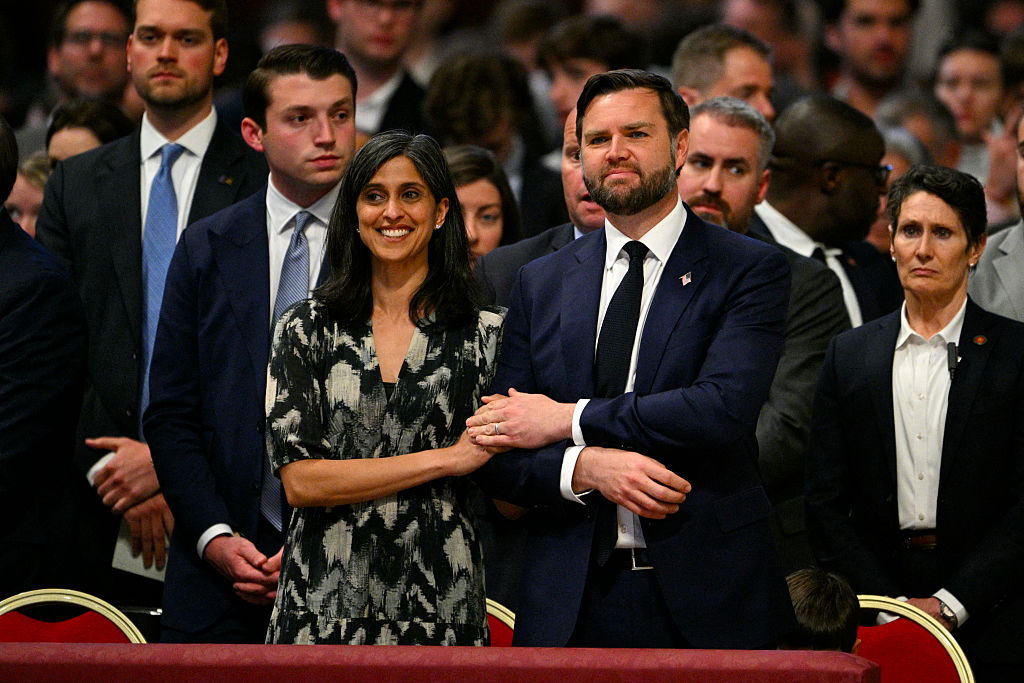
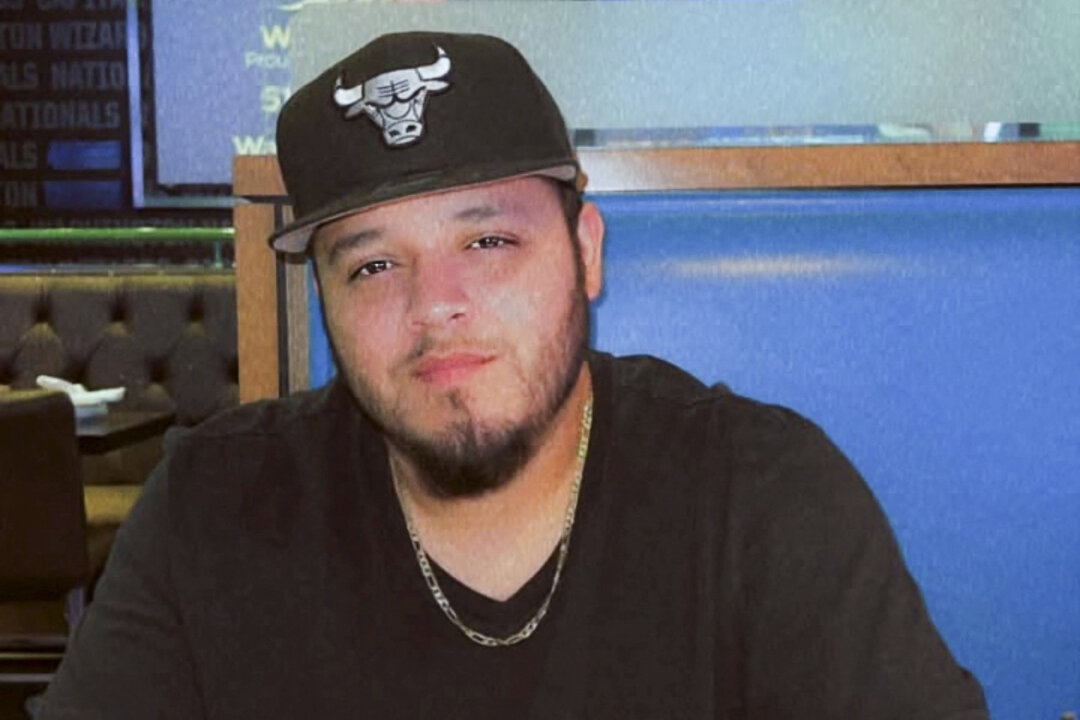

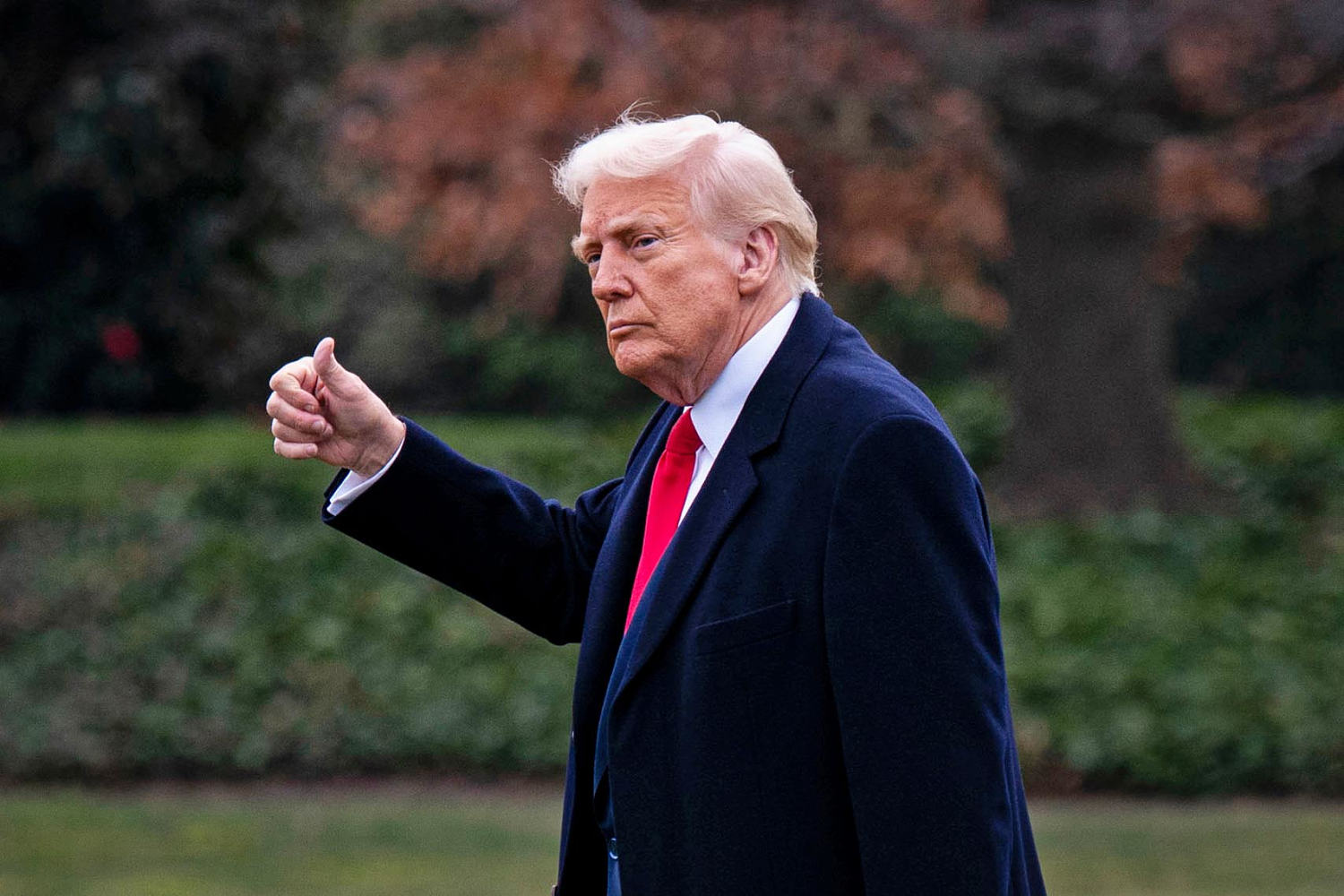


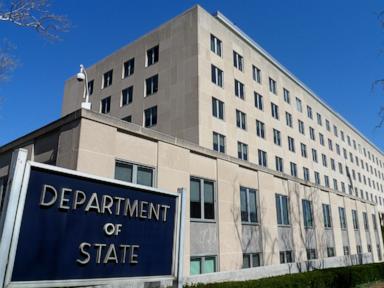

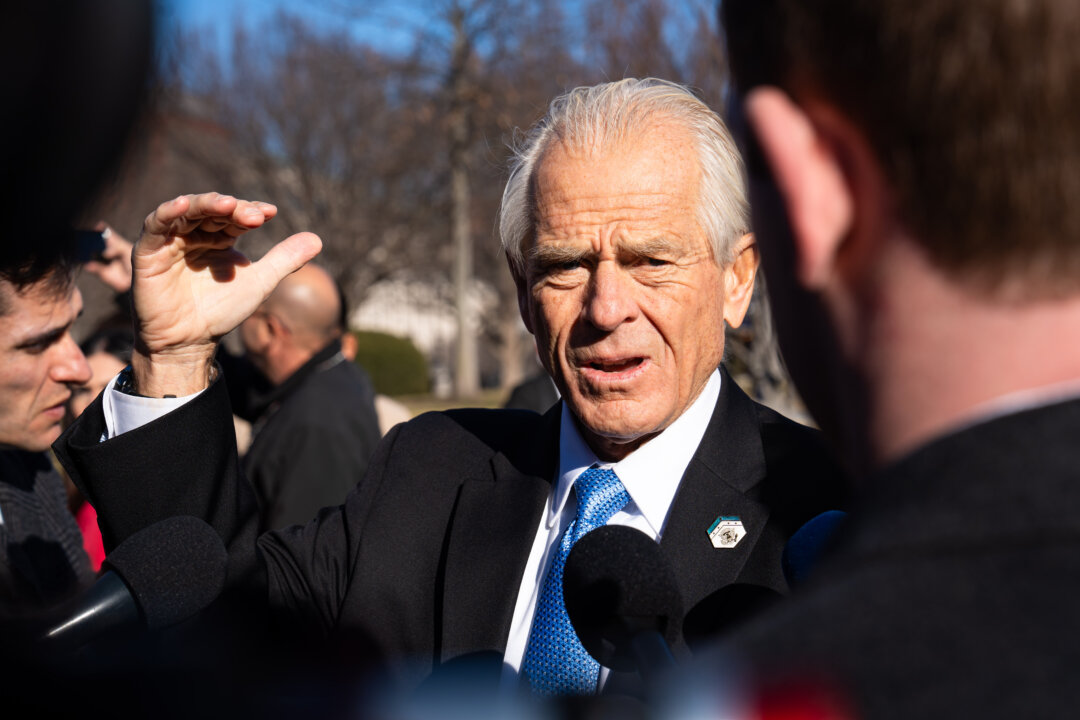


 English (US)
English (US)